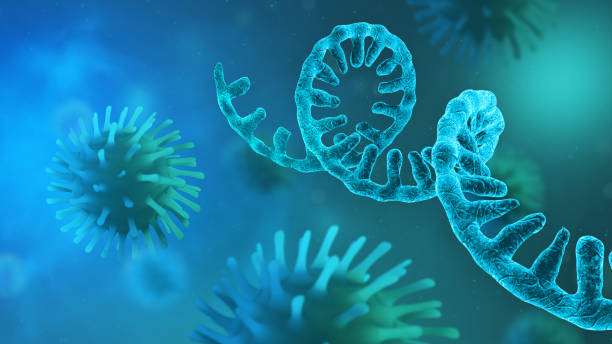In a recent study, researchers gave further information on the relationship between COVID-19 severity and immunotherapy for cancer patients.
A University of Cincinnati researcher conducted the study, and Trisha Wise-Draper, MD, PhD, of the University of Cincinnati is a co-corresponding author. The study’s findings were reported in JAMA Oncology. According to Wise-Draper, there have been inconsistent data on how immunotherapy for cancer treatment impacts COVID-19 outcomes before to this study. Immunotherapy was thought to predispose cancer patients to poorer COVID-19 illness since immunotherapy therapies damage and immunosuppress patients’ immune systems.
“The goal of this study was to better understand the effects of immunotherapy and immunosuppression on cancer patients with COVID-19 and COVID-19 outcomes,” said Wise-Draper, an associate professor of medicine in the Division of Hematology/Oncology, section head for Medical Oncology in UC’s College of Medicine, co-leader of the Head and Neck Center of Excellence, and a UC Health physician.
The researchers obtained data on 12,046 patients from the COVID-19 and Cancer Consortium registry, a multi-institution registry of people with COVID-19 and a current or previous invasive cancer diagnosis. This was the COVID-19 and cancer patient cohort with the greatest data available at the time.
“We assessed individuals with cancer, those with baseline immunosuppression, and those who underwent immunotherapy prior to receiving COVID-19,” Wise-Draper explained.
Wise-Draper added that the study team evaluated the severity of COVID-19 disease using criteria such as whether patients required oxygen, were admitted to the hospital, or required intensive care unit therapy, in addition to mortality rates.
“The most relevant finding is that, while immunotherapy alone had no influence on COVID-19 illness outcomes, individuals who had baseline immunosuppression and were treated with immunotherapy had poorer COVID-19 outcomes,” Wise-Draper said.
Patients who underwent nonimmunotherapy medications, such as chemotherapy, had worse COVID-19 results than those who received immunotherapy, but to a lesser amount. These patients were immunocompromised at the start. COVID-19 was shown to be less severe in individuals who had received COVID-19 vaccinations.
Immunotherapy therapies, according to the research, are typically safe for those who do not already have immunosuppression to utilise, even when the pandemic is at its worst. According to the study’s authors, future research comparing patient outcomes based on different immunotherapy regimens might offer more information.





